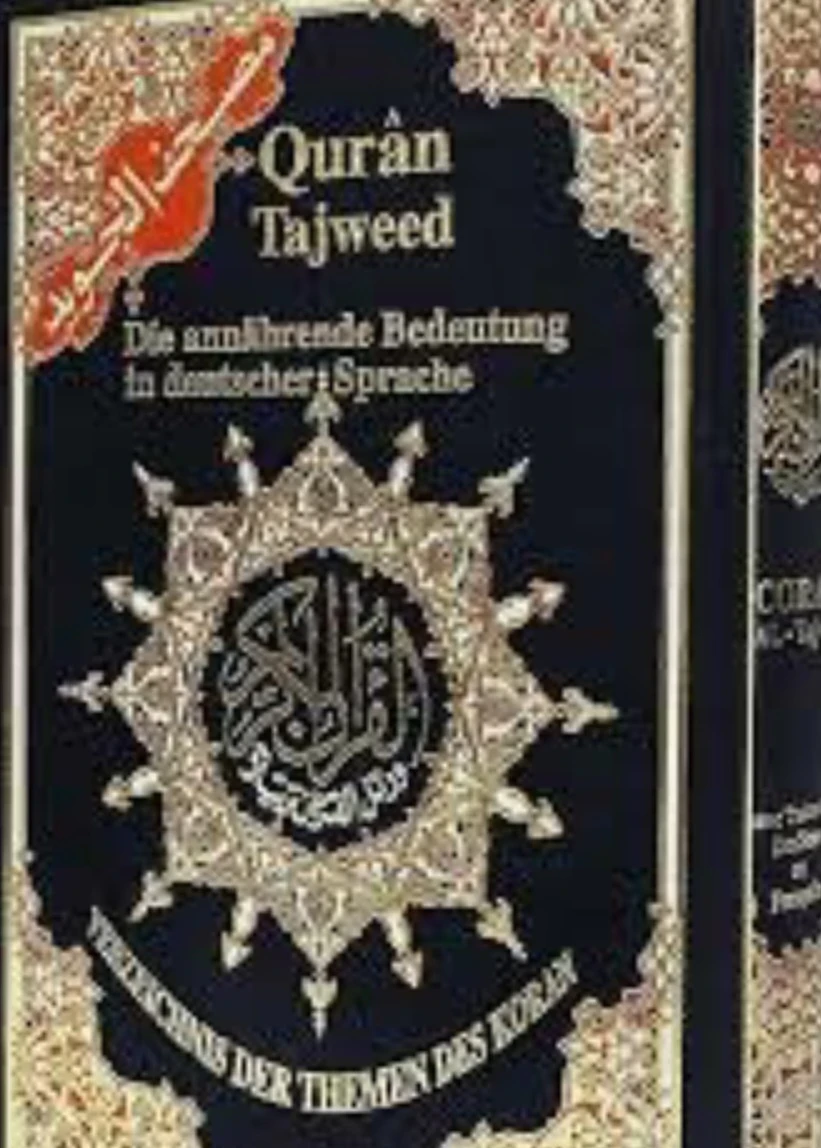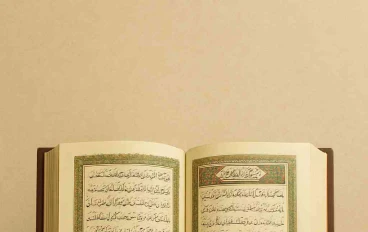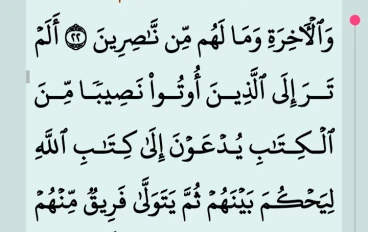
Interpretation of verse 234 : 237 of Surat Al-Baqarah

https://youtu.be/Oqe18CHLIZ0?si=w0gi8AXcfQ-koCHY
https://youtu.be/7GOmSglj4xY?si=gd3O7PLPwzWbnqlU
https://youtu.be/_H7eZsqZ1Ro?si=_v7Z3ZdT1pEIXKZN
Surah Al-Baqarah Verses 234
And those who are taken in death among you and leave wives behind .
they, [the wives], shall wait four months and ten [days].
And when they have fulfilled their term, then there is no blame upon you for what they do with themselves in an acceptable manner.
And Allah is [fully] aware of what you do.
Surah Al-Baqarah Verses 235
There is no blame upon you for that to which you [indirectly] allude concerning a proposal to women or for what you conceal within yourselves.
Allah knows that you will have them in mind.
But do not promise them secretly except for saying a proper saying.
And do not resolve on the marriage contract until the prescribed period reaches its end.
And know that Allah knows what is within yourselves, so beware of Him.
And know that Allah is Forgiving and Forbearing.
Surah Al-Baqarah Verses 236
There is no blame upon you if you divorce women you have not touched nor specified for them an obligation.
But give them [a gift of] compensation . the wealthy according to his capability and the poor according to his capability . a provision according to what is acceptable, a duty upon the doers of good.
Surah Al-Baqarah Verses 237
And if you divorce them before you have touched them but after you have specified for them an obligation, then [give] half of what you specified . unless they remit it or the one in whose hand is the marriage contract remits it.
And to remit it is nearer to righteousness.
And do not forget graciousness between you.
Indeed, Allah is Seeing of what you do
Interpretation of verse 234 : 237 of Surat Al-Baqarah
Interpretation of verse 234 of Surat Al-Baqarah
The verses complete the rulings of Allah Almighty
We find that the waiting period of a wife whose husband has died is four months and ten nights,
which is the maximum period that a woman can endure.
She does not adorn herself in her house, does not go out except in extreme necessity, does not spend the night outside her house, and does not receive a suitor, in fulfillment of her husband’s right over her and in honor of their married life.
So Allah Almighty made the woman whose husband has died wait the maximum period that a woman can endure.
If a woman's husband has died, she should not leave her house except in extreme necessity, and she should not spend the night with her family or outside the marital home.
During the waiting period, she should only spend the night in the marital home and she should not adorn herself.
When her waiting period ends, that is, the four months and ten nights have passed, she has complete freedom if she wants to adorn herself in her home.
She may adorn herself in the manner that is customary in Islam in terms of adornment, and she may beautify herself within the limits that Allah has permitted her to do.
She should leave her house, and if she wants to, she should spend the night in her family's home or outside the marital home, and someone who wants to propose to her should officially come forward.
But Allah, the Almighty, in His mercy upon the believers, informs her that He knows what she is doing so that she may use her freedom wisely and in a manner that pleases Allah, the Almighty.
Interpretation of verse 235 of Surat Al-Baqarah
First, the meaning of the word “aradatum” in the verse is to express something by hinting, not explicitly. What is meant in the verse is the man hinting to the woman to marry her, not explicitly.
Allah, the Almighty, has permitted the wife during the waiting period, whether the wife whose husband has divorced her three times, which is the divorce in which it is not permissible for her husband to return to her, or the wife whose husband has died,
So Allah, the Almighty, has permitted them that if someone wants to propose to her or hides in himself his desire to marry her, fearing that someone will propose to her after the waiting period, then Allah has permitted the man to hint to her about marrying her, only by hinting to her or to her guardian, and Allah, the Almighty, has prohibited the man from expressing or explicitly saying that you should not take them
The covenant that they will not marry anyone other than you, or he says to her: Marry me. Rather, he should only hint.
For example, a man praises a woman and enumerates her virtues in words that are not considered a departure from the etiquette of Islam.
Therefore, hinting at him is beneficial in that he informs the divorced woman of someone’s opinion of her, so that if someone else comes to her, she will not agree to him immediately.
And Allah the Almighty commanded them not to do any marriage contract procedure, such as setting a date or thinking about preparing for marriage. All of this should be done after the end of the waiting period.
So you may intend to marry her and put your trust in Allah, but do not take it as a foregone conclusion, except after her waiting period is over. If the written date has reached its term and her waiting period has ended, then resolve to conclude the marriage contract.
And He, glory be to Him, knows the weakness of the human soul and that it may weaken at times, and because He is the Forbearing God with mankind,
He warns man of His anger, therefore, God Almighty gives the opportunity for the soul of mankind to repent because He, glory be to Him, is the Forgiving and He, glory be to Him, is the Forbearing.
Interpretation of verse 236 of Surat Al-Baqarah
This verse comes to talk about the wife who has not been consummated with, that is, the one whose marriage contract was concluded only and he did not touch her, and no dowry was imposed on her, meaning that they did not agree on her dowry, and as long as no dowry was specified for her,
She is entitled to half the dowry of her peers among women. Provided that is within limits that suit the husband’s condition; ; the rich: he must give what is appropriate for what God gives him, the poor: he must give within the limits of his ability.
Interpretation of verse 237 of Surat
Al-Baqarah
As for the divorced woman who has not been consummated with or touched and they have agreed on the dowry, she takes half of the dowry unless she forgives her husband or the husband forgives.
The exchange in forgiveness is between the two, between the man and the woman, and we understand from it the intended meaning.
Just as the woman has the right to forgive the half that is due to her, the husband has the right to also forgive the half that is due to him and pay the entire dowry.
This forgiveness is from piety because it is very possible that one of the two parties may think that he is wronged, even if he takes the half that he is entitled to
. But if he does not take anything, then that is closer to piety and safer. God wants the spouses who have been destined to separate and not complete their life together to do
So with kindness between them and with piety to God in adopting mercy, as giving up some rights may make the separation between them without dispute or grudges
. Know that God Almighty makes some things possible causes for something that is possible that we do not know..





































